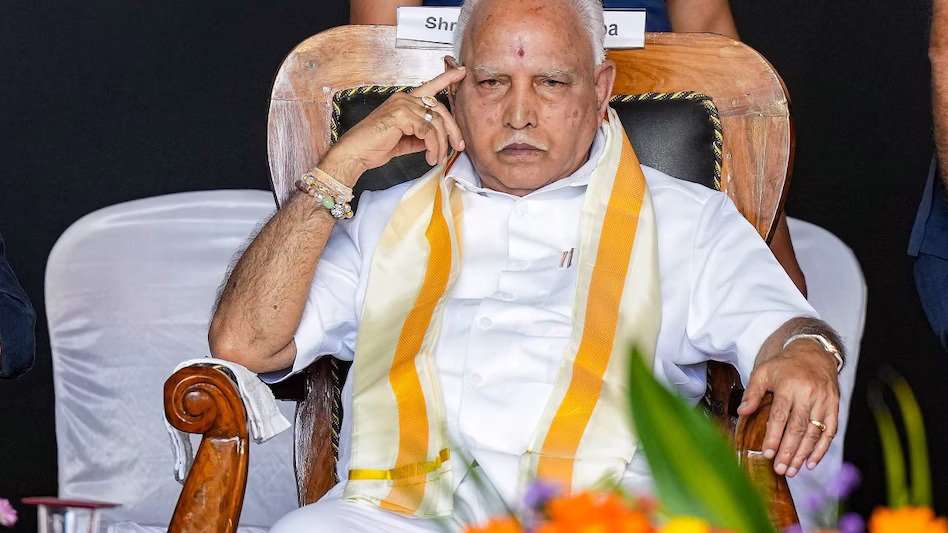In a significant legal development, the Karnataka High Court has issued a directive preventing the arrest of former Chief Minister B S Yediyurappa until the next hearing scheduled for June 17th. This decision comes amidst allegations linked to a POCSO (Protection of Children from Sexual Offences) case, marking a pivotal moment in the ongoing legal proceedings. This blog explores the background of the case, the implications of the High Court’s directive, and the broader context of legal proceedings involving public figures in India.
Background of the Case
- POCSO Allegations: B S Yediyurappa faces allegations under the POCSO Act, which pertains to offences related to sexual assault against minors. The case has garnered significant media attention and public scrutiny, impacting political discourse and legal proceedings in Karnataka.
- Legal Proceedings: The Karnataka High Court’s intervention follows Yediyurappa’s petition seeking anticipatory bail to prevent his arrest in connection with the POCSO case. The court’s decision to defer any potential arrest until the next hearing reflects judicial deliberation on the complexities and legal merits of the case.
High Court Directive
- Judicial Safeguard: The High Court’s directive serves as a temporary safeguard against Yediyurappa’s arrest pending further legal arguments and evidentiary considerations. This ensures that due process is upheld and that legal principles of fairness and justice are adhered to in the handling of sensitive criminal allegations.
- Public and Political Impact: The directive not only influences Yediyurappa’s legal standing but also resonates within Karnataka’s political landscape. It underscores the intersection of law, governance, and public accountability concerning allegations involving prominent political figures.
Broader Legal and Social Implications
- Rule of Law: The case highlights the judiciary’s role in upholding the rule of law and ensuring impartiality in adjudicating criminal matters, particularly those involving individuals holding positions of authority and public trust.
- Public Perception: Legal proceedings involving public figures often attract public interest and scrutiny, influencing perceptions of transparency, accountability, and ethical governance within democratic frameworks.
Sponsored
FACTS Transcripts
Apply for a University document anywhere
https://www.factstranscript.com
Quick Transcripts for popular Universities, check your University name now and get started. We help you to get your transcript application online which is accepted for use of IRCC.
No DD, NO Paperwork. 100% Authentic, Reliable.
FACTS Transcripts Charges · Reviews · Assam Universities · Home · Know your University











